Today we’re going to talk more about patterns or cycles which occur naturally that some people might try to blame for global warming and climate change.
Read moreClimate
How Can Global Warming Make it Snow?
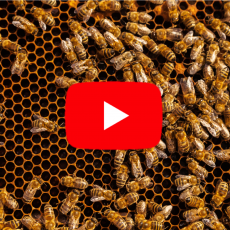
We’re sure you recall the power outages which were caused by unprecedented cold, snow, and freezing temperatures in Texas. And you might have noticed that climate skeptics suggest that this disproves global warming once and for all. But in fact, global warming leading to record low temperatures makes perfect sense.
Read more3.9 Billion Years of Climate History… in about 5 minutes

Unless you’ve been living under a rock, you’ve probably heard about climate change. But did you know that our planet’s climate has been changing for billions of years? In the latest from the Hive, we’re talking about climate change history. Check it out!
Read moreClimate Science History: Causes and Consequences of Climate Change
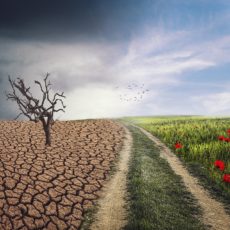
This week, we take a look into the more significant causes of climate change and resulting consequences.
Read moreHistory: Real World Consequences of Our Changing Climate
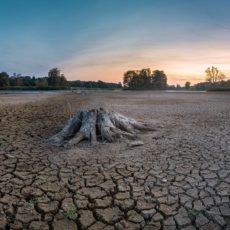
This week we take a look into the shorter history of changes to our climate throughout the history of humans.
Read moreWhat’s the Difference Between Climate Change and Global Warming?

Today we’re talking about some terms that often cause more than a bit of confusion, and are sometimes used interchangeably, incorrectly: weather, climate, global warming, and climate change.
Read moreGlobal Warming is Letting it Snow in the United States
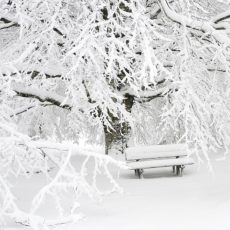
Why is the United States currently experiencing record low temperatures during global warming? Although decreasing temperatures and global warming seemingly contradict one another, this trend makes sense.
Read moreFire & Ice in the Arctic Circle
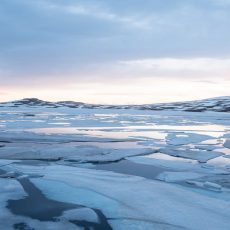
When you think of Siberia, you probably picture snow mobiles and huskies. These sights, however, are to become less of the norm, replaced instead with out of control wild fires and disappearing sea ice. Siberia, and indeed other parts of the Arctic Circle in Canada, Alaska and Scandinavia, are expected to really start heating up. As in, twice as fast as the rest of the world. It has long been known that global warming will impact Arctic regions much more severely than elsewhere on the planet, because of the loss of ice and snow, which can effectively reflect a large proportion of the radiative heat from the sun’s UV rays. This is “Arctic amplification” and is a great example of the importance of realizing that 1.5°C of global warming is an average, and does not simply mean that wherever you are in the world, you’re going to feel 1.5°C warmer. Many places on Earth will experience average temperatures much higher than this increase.
Read moreThe Australia Fires

By now, you’ve probably heard about the bushfires in Australia. You may have seen the photos and videos of smoke-filled skies, injured animals, and flames. Or maybe you’ve heard the discussions on Climate Change and some terrifying stats on the condition of wildlife in the “down under”.
It’s a lot to take in, and whether you’re up to date or not, we’re here to put it all together for you: What is the Australian bush? Why is it burning? How is climate change responsible? What about the wildlife? And what can YOU do to help?
Read more